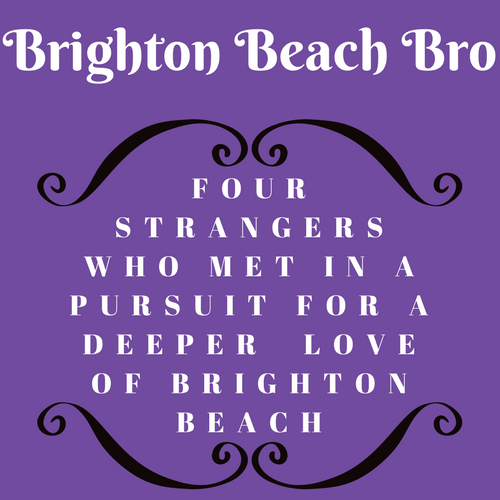Seller: Before there was a large immigration, a lot of people came.
Diana: When is “before?”
Seller: Mid ’90s. Beginning and mid ’90s- there was a large immigration from the USSR territory. It so happened that I suddenly ended up in a Muslum country. It used to be USSR and then all of a sudden this. I had a profession that prevented me from working there, so I retired. I was in the military, held a high position. My whole life I caught and arrested people, I worked in Judiciary Police. And then, I had to do something to feed my family. My kids were young and went to school. So when there was the large immigration, we worked at a company where our owner would give us one 40ft container of books every three months. Guys, can you imagine? It means, four containers per year, so in one year we would get 150,000-160,000 books, and practically 50%-60% would get sold.
Diana: What did you do with the other books that did not get sold?
Seller: Well, we would put them in catalogs, send them out, and people would still buy. It’s just new books must always be arriving. If you don’t have new books coming, then people won’t be buying the old books. Some people like to read detective genres… my whole life was a detective genre. Some people like love books, some like classics, for kids. I started selling books for kids now, that’s the only thing that still makes business. With years, the generation that could read- elderly people- they either physically can’t read or they died already. That’s why this is a dying business.
Diana: Yeah, especially with the internet being used as a popular source right now.
Seller: Well I personally like books. I have those computers and iPhone where I can read everything, but I like to physically flip through the pages of the book. It’s a pleasure that can’t compare to anything. When you feel the texture of the book, it feels nice. Over the last couple of years, it’s only private publications. Take a look, swipe your hand on the book (As he hands Diana a book). It’s German typography, Finland’s whitened paper, German paint, and Russian labor. And it’s a specialized publication.
Diana: Are those calendars?
Seller: Yes, those are calendars. Hello, Borya! (he said Hi to his friend). This is a former pilot, fought in Afghanistan, rewarded with medals. Lived in Riga (Latvia). And then it so happened that the USSR fell apart, so we moved here. There are a lot of different [people] here, you can talk to them. Ebba (points to the woman in a stroller that works with him) is not the “last” person [in the society]. She held high job positions, was a good economist. This person (points at another one of his friends) graduated a conservatory, performed in ensembles. It just so happened…..so, immigration is not all poor and uneducated.
Diana: No no, of course, that’s understood.
Seller: And with the books, not a lot of people read, the ones that used to read died or physically can’t. Young people, in my family, for example, Russian and English are two native languages. And then French and Spanish- that’s obvious. So they use Spanish to talk to me, and I am clueless because I don’t know what it is. And French they just like. My kids read.
Diana: Thank you so much! It was a pleasure talking to you!
Seller: You’re welcome! Study guys! The most important thing is to get a good education. Once you get it, everything will be easy, I know from the example of my kids. It was so hard, financially, and we all always worked, I remember all of that. My son is now an international lawyer, he is studying in Europe, for 10 years already. My daughter is a speech pathologist. Guys, study, and everything will be great! Just don’t get married too early, get your education and then everything will be okay. Good luck to you!
Diana: Okay, thank you so much! We appreciate it!
























